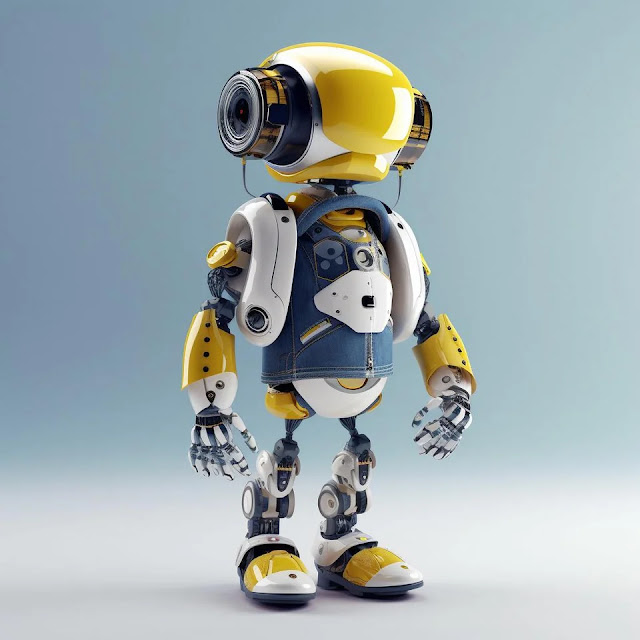Despite the huge advancements in digital technology, it has not led to an increase in productivity in the workforce. The economist Robert Solow referred to this as the "productivity paradox" in 1987, as productivity growth actually slowed down despite the introduction of computers.
The issue is not with the computers themselves, but instead with the way in which they are used. Often, the software is used for tasks that are more efficient and effective with a pen and paper. In the industrial age, reorganizing work tasks around technology led to huge productivity gains. Computers have not produced a similar increase in productivity because workers have not been able to tap into the full potential of the technology's automation capabilities.
ChatGPT has the potential to change this. Rather than replacing white-collar jobs, it can automate repetitive and boring tasks, freeing up workers to be more creative and productive. Most office jobs involve manipulating data, which is where automation can have the greatest impact. ChatGPT can write code for data analysis, making challenging tasks easier to accomplish.
While automating everyday tasks may be scary for some, it can have benefits for companies in the long run. By embracing automation, companies can encourage their workers to solve more challenging problems and increase overall productivity. The challenge is not with the technology, but rather with the organizational structure of businesses. Everyday automation can lead to a more human-centered approach to work, as opposed to the dehumanizing assembly-line production approach of the past.

